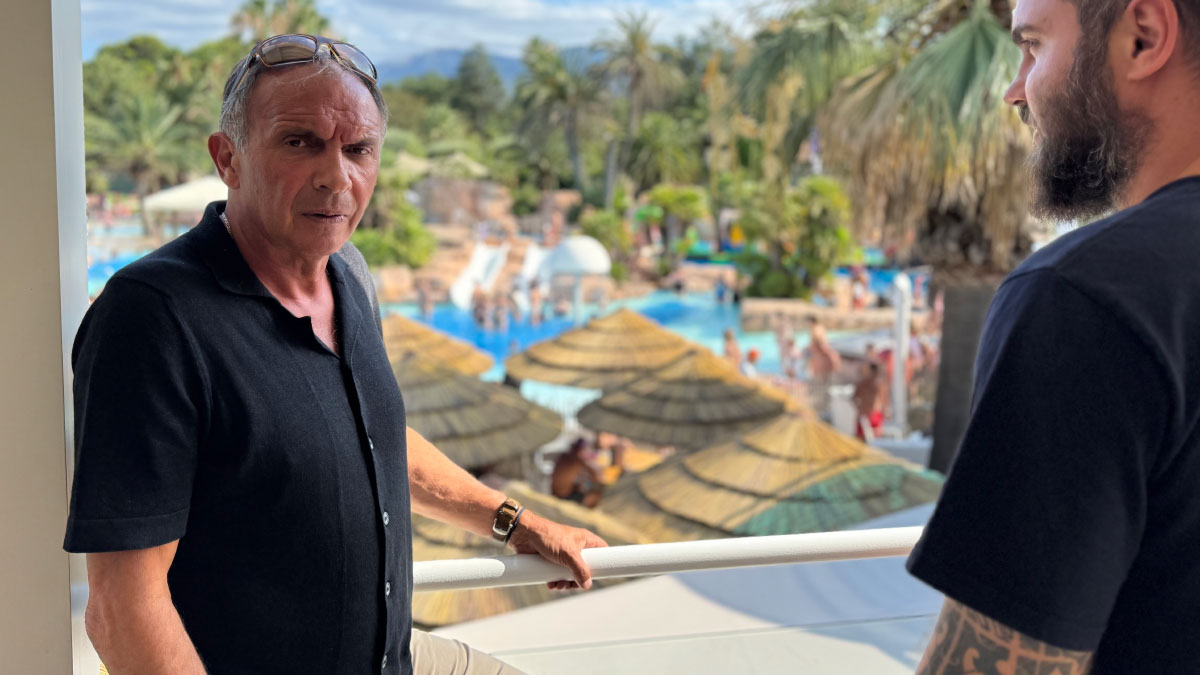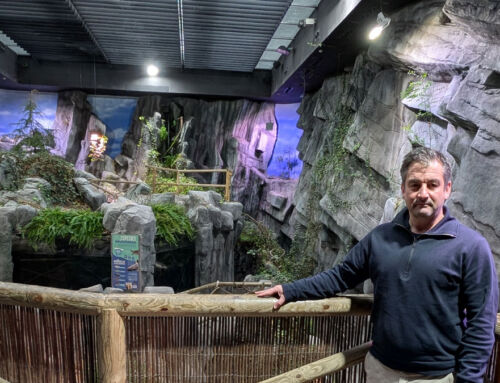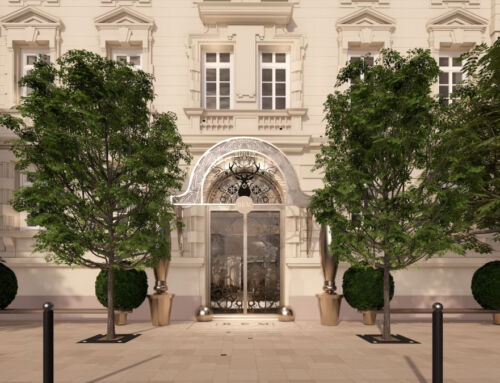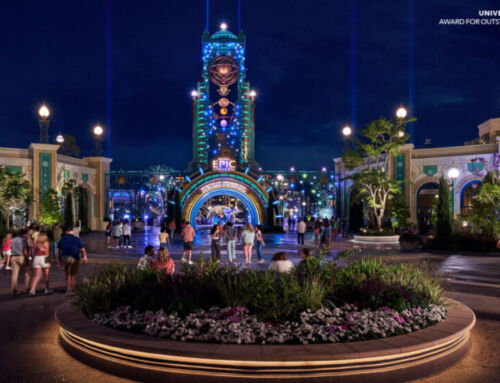Today we share with you the privilege of speaking with Eric Carletti, a veteran visionary in the camping and outdoor hospitality industry. His career, his ideas, his projects, have been like a fresh breeze for the concept of camping in Europe. In fact, Carletti transformed a modest two-star campsite, bequeathed by his father in the 1960s, into a benchmark of innovation in outdoor tourism. With an unwavering focus on continuous improvement, on anticipating customer needs, on comfort and meaningful time, on creating unique experiences – from themed water parks to evening shows – his story is a testament to audacity and attention to detail. Join us and discover the keys to their success and their vision for the future of camping.
Amusement Logic: It was your father, the first generation, who decided to sell his company and change his profession to outdoor hospitality. What led him to make this change?
Eric Carletti: In 1967, my father wanted to change. He sold his business and his house on the Côte d’Azur. As chance would have it, we went on holiday in a caravan to Camping La Sirène in Argelès-sur-Mer (France). The owner at the time was in financial difficulties and the campsite’s electric generator broke down during our stay. My father bought a new one to save the season. He was seduced by the region’s potential, between the sea and the mountains. He sensed that there was an opportunity to create something new there and he took over the camping La Sirène.
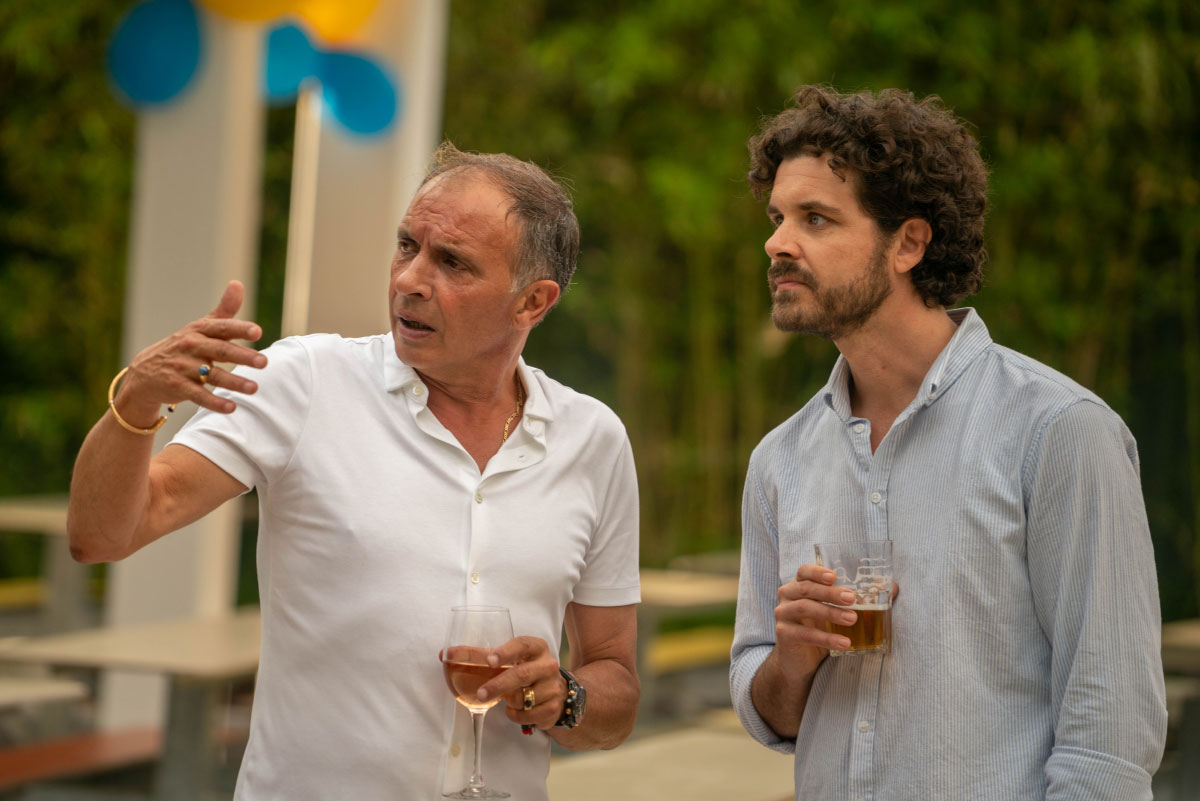
A.L.: That first 2-star campsite has now become three 5-star campsites thanks to constant reinvestment. Where does this business approach come from?
E.C.: We have always believed that customer satisfaction is based on continuous improvement. Nothing is taken for granted. Every year, we reinvest a significant part of our turnover in our infrastructures, our equipment and our service offering. This culture of reinvestment comes from my father, but we have reinforced and structured it. Our goal is simple: to surprise our customers every season.
A.L.: Another success factor seems to have been your ability to interpret public demand. For example, you were one of the first to offer bungalows on a campsite. What is the secret to understanding and anticipating the wishes of your customers?
E.C.: You have to be a good listener. We understood very early on that comfort was a growing demand. Offering rental accommodation such as bungalows and then top-of-the-range mobile homes was a response to this aspiration. For more than 20 years, we have been working with mobile home options, made to measure with the help of a designer, according to our requirements.
Camping is no longer expected to be what it was in the 70s: today, holidaymakers want freedom… but without giving up comfort and services. We strive to offer a quality service in all areas: entertainment, infrastructures, services, the lush plants of the site…
A.L.: What were your impressions when you visited the amusement park in Rimini, Italy, and what led you to create a water park on a campsite for the first time in Europe?
E.C.: That trip was a real turning point. At that time, some large campsites built free-form pools. In Rimini, during a visit to an amusement park, I saw how theming could completely transform the customer experience. At that time, the main constraint was budget. But with the help of Enrique Zamora, now managing director of Amusement Logic, who also wanted to associate this theming with large pools, I was convinced and we carried out that project. It was something unprecedented in the outdoor hospitality sector at the time. We wanted to create an immersive, themed universe in which every detail was important.
A.L.: Another concept you pioneered is the integration of landscape and planting into the campsite. How did you come up with this idea?
E.C.: Landscape integration is a subject that I am particularly interested in. We understood very early on that the environment is a fundamental element of the holiday experience. Enriching the vegetation, creating shady paths, planting hundreds of species…all of this contributes to a change of scenery. And it also creates a strong identity, a visual signature. Today, our clients often tell us that our plants are a great asset. We are really proud of it.
A.L.: With the arrival of the new century, you started to offer evening shows to the campers.
E.C.: We wanted to offer evenings worthy of the big stages. Live music, musicals, themed shows, artists… This has turned our evenings into highlights of the stay. Today, these shows, performed by professional artists, have become essential. They bring families and different generations together and create unique memories.
A.L.: In 2014, you added two new indoor swimming pools to Camping La Sirène. Has this allowed you to de-seasonalise your activity?
E.C.: Of course. The aim was to extend the season and offer an authentic experience even in April or September. The indoor swimming pool is a great advantage: it reassures customers when booking, especially in the low season. This has allowed us to attract a wider clientele, especially from Europe, and to reinforce the attractiveness of the campsite in the low season.
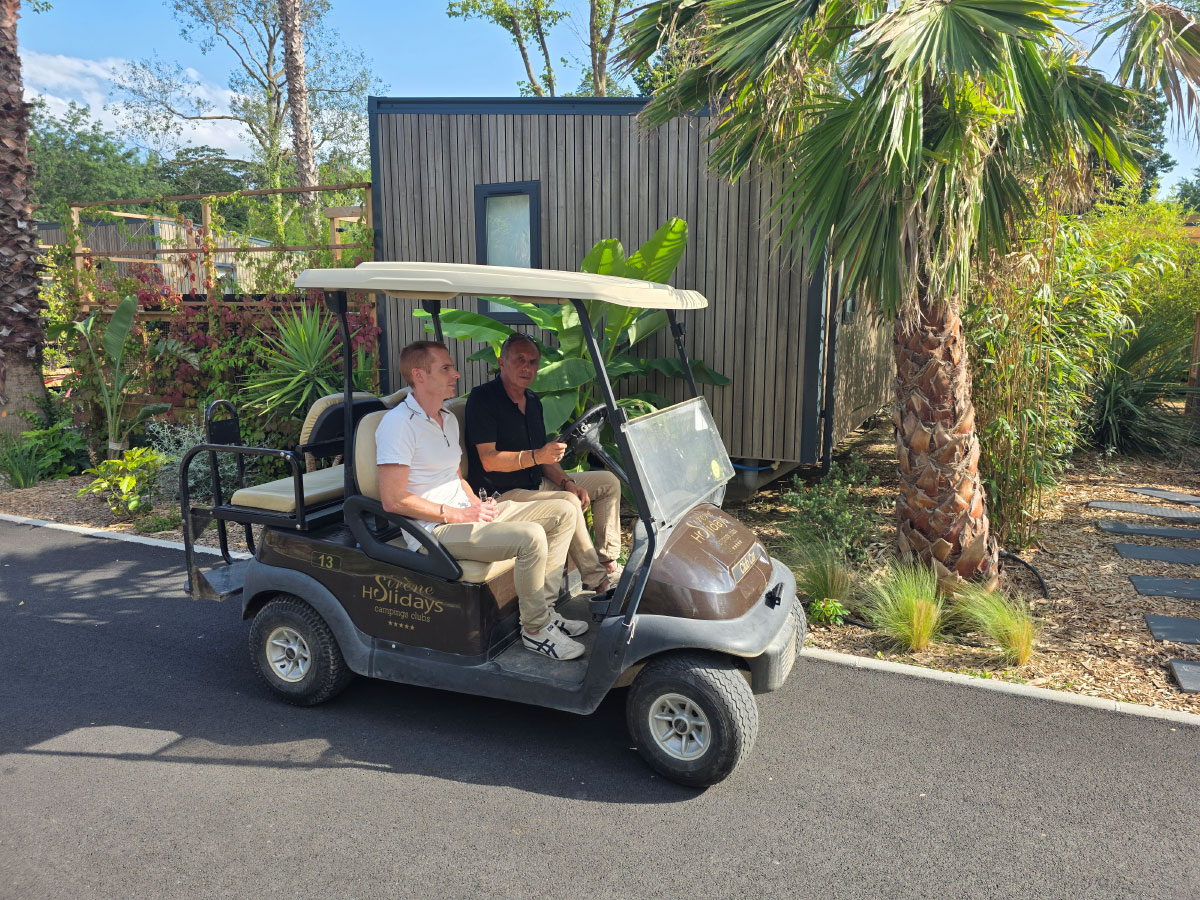
A.L.: How has the public of travellers and tourists evolved over the last 50 years?
E.C.: It has been a real revolution. In the 70s and 80s, people went camping because of the price. Today, people choose camping for its atmosphere, its comfort, its facilities and its values. The clientele has become much more demanding, but also more diverse. They expect experiences, authenticity, but also high standards. Children are influencing choices; families are looking to reconnect. Camping has become a real alternative to hotels or clubs.
A.L.: In high season, a campsite is like a small town, so you are, in a way, the ‘mayor’. How do you manage this responsibility and how do you manage so many people?
E.C.: It’s a balance between rigour and proximity. You have to anticipate everything: security, cleanliness, services, unforeseen events. This requires meticulous organisation, but also a lot of human contact. I am surrounded by formidable teams in all sectors. What’s more, I am present on the ground. This relationship of trust is essential.
A.L.: Given your ability to see the future, we cannot avoid the following question: what is the future of the camping sector?
E.C.: I think the future is promising. Camping will move upmarket and diversify. It will incorporate even more technology, sustainability and personalisation. The challenge will be to reconcile comfort with the experience of nature, to maintain authenticity and, at the same time, to innovate. Tomorrow’s customer will want simple, connected, responsible and unforgettable holidays.
Large groups are buying up more and more major establishments that were historically family-run and are becoming more and more powerful. This changes the outdoor hospitality landscape and, in some cases, can affect the quality of service. We need to be vigilant and not fail to differentiate ourselves.


